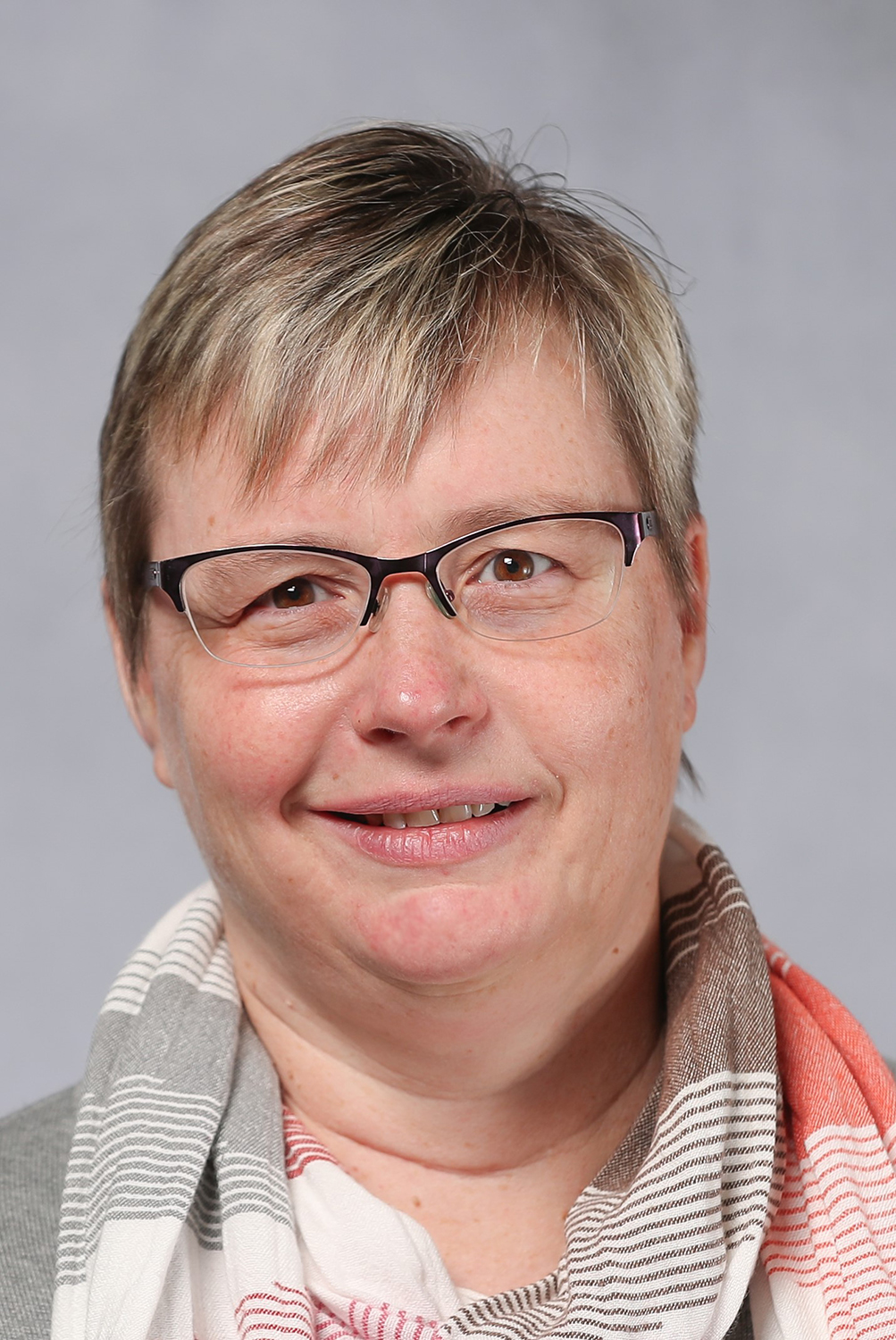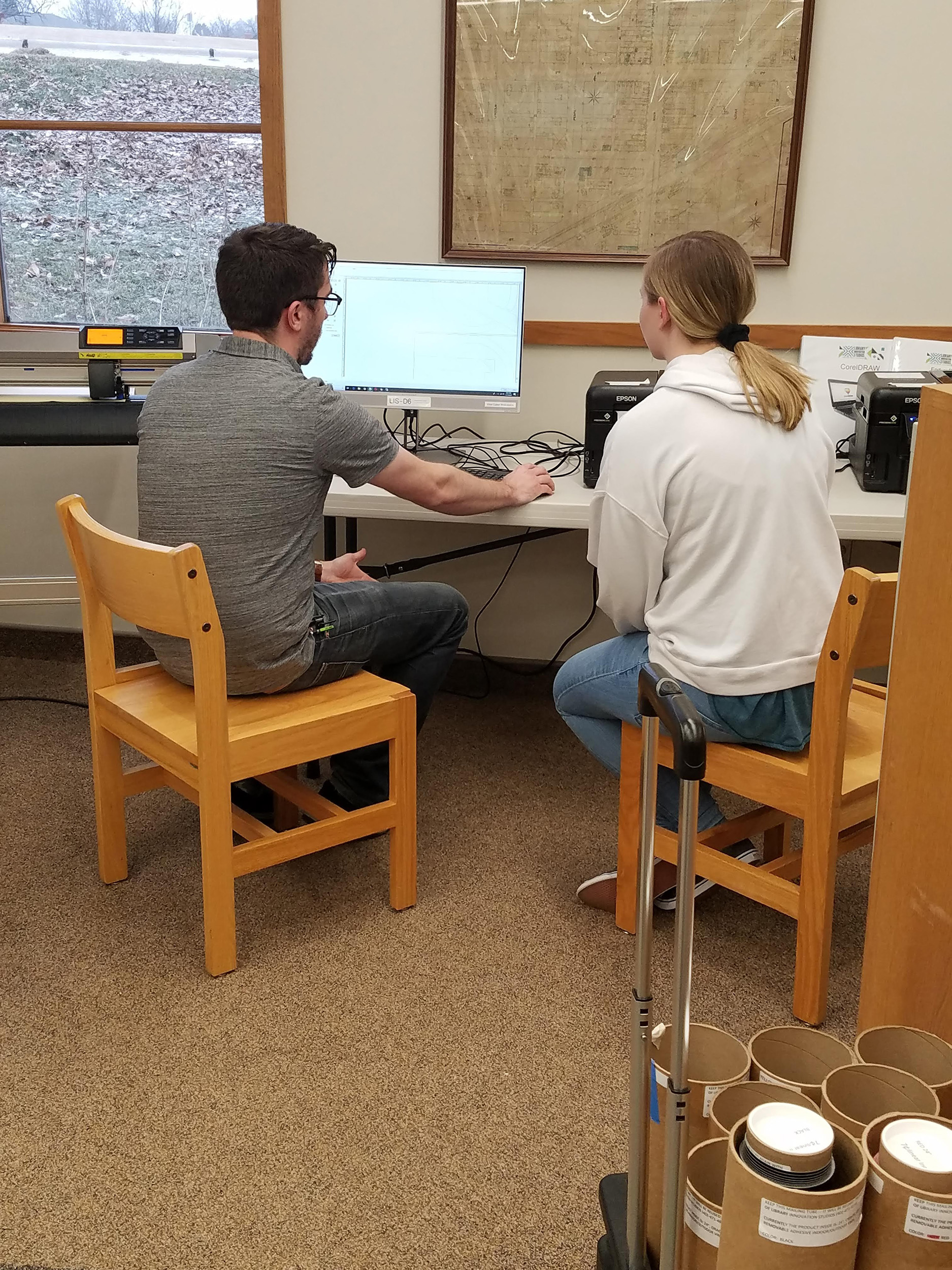
The University of Nebraska–Lincoln has received an extension of its partnership with the Nebraska Library Commission to help communities across the state reimagine their libraries.
Nebraska Extension recently received a $282,568 grant from the U.S. Institute of Museum and Library Services, passed through the library commission, to continue a program providing portable makerspaces to rural public libraries.
Nebraska Innovation Studios provides support to the program, which offers high-tech electronic and computerized tools and equipment to libraries for up to five months for use by patrons.
Principal investigator Michelle Krehbiel said the grant will allow the makerspace program to continue until June 30, 2021, and enable about 10 additional libraries to participate. So far, more than 30 communities, including Hastings, Nebraska City, Grant and South Sioux City, have hosted a makerspace. In fact, the Hastings Public Library included a permanent makerspace as part of a major renovation project after trying out the temporary facility provided through the Library Commission and the university.
The new grant brings the program’s total award to more than $756,000 over four years.

“The project’s goal is to engage communities by introducing new technologies and tools to help local residents learn, explore and create,” said Krehbiel, a youth development specialist with Nebraska 4-H. “Additionally, the program is designed to help expand economic development and nurture creative entrepreneurial activities.”
Portable makerspaces currently are in place in libraries in Cambridge, Superior and St. Paul, with plans underway to provide spaces at libraries in Randolph and Bellevue, although the COVID-19 pandemic is complicating the effort.
“Several of the public libraries that we’ve served with this project have taken this as a catalyst to seriously reimagine the role of the public library in their community,” said Andy Schock, an instructional designer with Nebraska Innovation Studio who has trained library staff to assist patrons with the technology.
In addition to driving more traffic to libraries, the makerspaces have contributed to small-business development in participating communities. Some have used the heat press, laser cutter and other tools to print T-shirts, stamp designs on drinking glasses and make coasters that promote their businesses.
In one case, a local business owner in Nebraska City learned to use a sublimation printer and heat press and went on to purchase one for use in her quilting-related business. She also used the equipment to add photographic images to a family quilt.
“She printed some amazing photos of her relatives, such as grandparents and great-grandparents,” Krehbiel said. “The printer did a phenomenal job and had amazing quality, and she then incorporated those photos into a quilt.”









